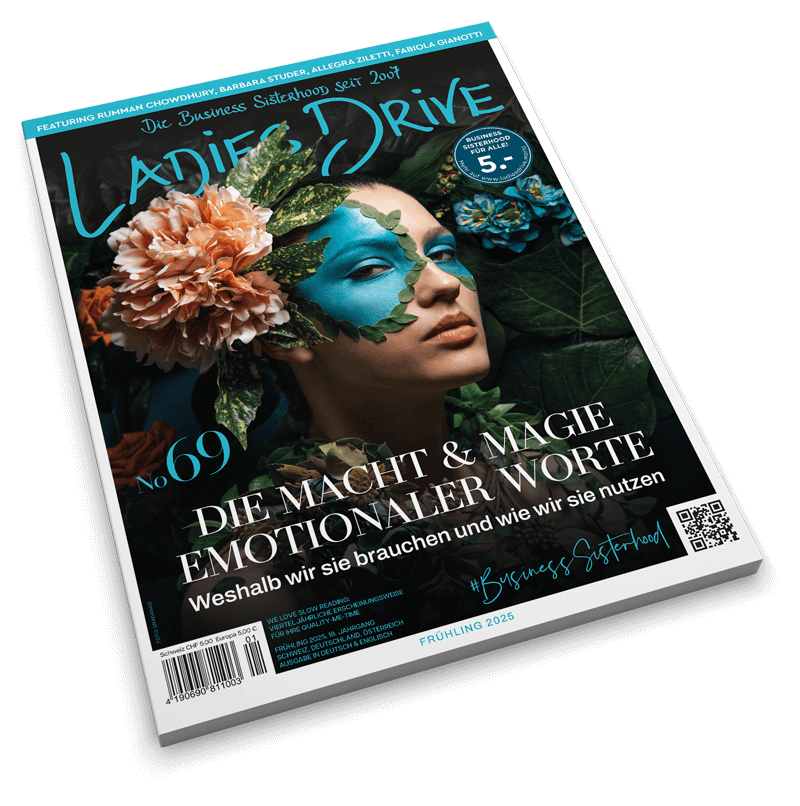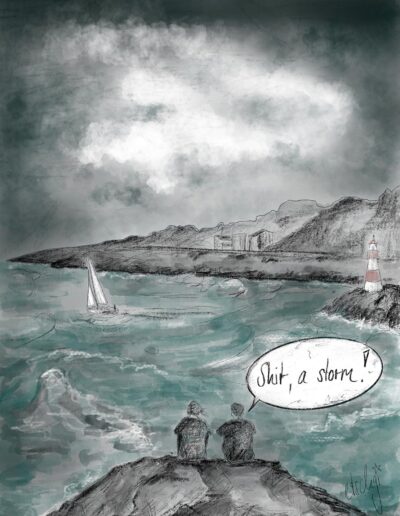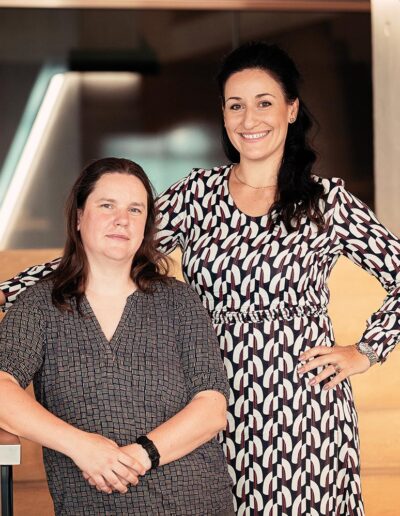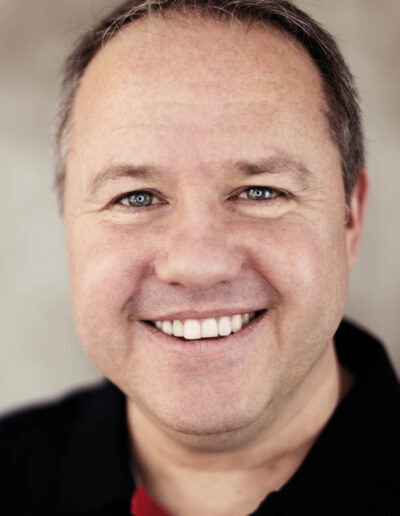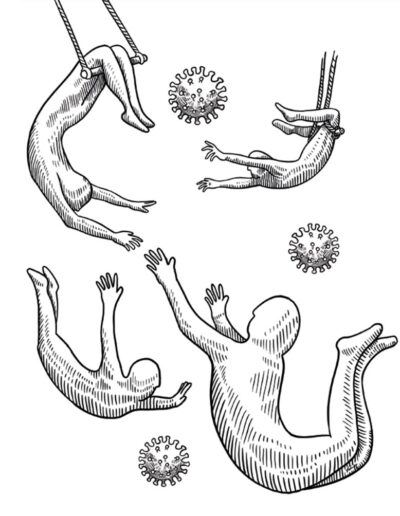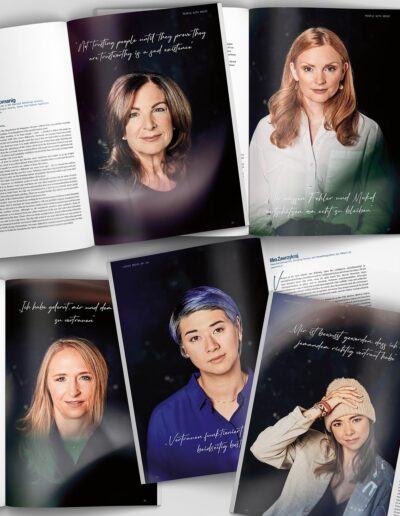There is a proverb in Cuba: trust grows at the speed of a palm tree but can fall at the speed of a coconut. Everyone’s talking about trust: but how can we build trust? There are several ingredients we need to wisely use and mix to create the formula of trust. We also need to consider elements to avoid as they decrease or impair our capacity to create trust.
1. Credibility and reliability
Credibility has a cognitive root as a skill linked to qualifications denoting an expert, and an ethical-normative root, i.e. the sharing of perceived values, such as integrity. The concept of loyalty often assumes a “practical” meaning: a loyal person is generally also valued as very reliable. Reliability and loyalty are qualities much more appreciated than having perhaps great talent but being perceived as mercenaries or not loyal to the organisation.
2. Proximity
The organisation Missionaries of Charity, founded in 1950 by Nobel Peace Prize Laureate of 1979, Mother Teresa of Calcutta, aims to be at the complete service of the poorest of the poor: refugees, AIDS patients, former prostitutes, abandoned elderly people, the disabled, the destitute, the rejects of a society that has no consideration for those who are weak, without protection. The employees of the organisation work for free, operating in the field, living humbly alongside the people in need, forgotten by everyone, making a moral choice before a strategic one. They are where they are most needed.
George W. Bush, President of the United States at the time of Hurricane Katrina, which hit the south of the United States on 28 August 2005, bringing the entire city of New Orleans to its knees, was on holiday at the time of the catastrophe, as were the top people in his administration. Bush got off the plane in Washington with his dog in his arms only after three days, just flying over the areas hit by the hurricane. This image caused irreparable political damage and deeply marked the collective imagination of the traumatised nation.
Here we also have two different stories. The presence of Mother Teresa, always alongside the impoverished, and the embarrassing absence of Bush when needed – as opposed to when there are cameras present or to vote – are indicative. “Show up”, the Americans say: we must be present.
3. Conflict of interest and impartiality
A conflict of interest is “a situation that occurs when a high decision-making responsibility is entrusted to a person who has economic, personal or professional interests in conflict with the impartiality required by such responsibility”. In establishing a relationship of trust, the perception that there is, or may be, a conflict of interest will come into play.
4. Arrogance, Hubris
When you think about it, history, literature and the news have told us the stories of numerous characters who become victims of their hubris and who then disappear into thin air without too much ceremony or regret. Abraham Lincoln, the 16th American president, said that if you want to test a man’s character, give him power. Many people decide to misuse power in an arrogant fashion. Better not to join them, as the queue is quite long.
5. Results and expectation
When starting a new job there will always be expectations to face, even if we don’t have to make promises or proclamations. The results obtained by our predecessor will always be compared to our performance when we start work at a company. Some expectations will be explicit, such as “We must make a profit of at least …”; others will be more nuanced, if not hidden from us. Our results will always be evaluated in relation to the created or presumed expectations. It’s always better to under-promise and over-deliver: failing to understand this is a classic error by people with little experience who tend to underestimate or have no idea about the internal difficulties of a company.
What should we do? I think the best thing is just to promise serious commitment and, as we say, “fly under the radar”, avoiding any announcement or promise … just work hard. Many agree that among the best political speeches ever made, along with that of Martin Luther King “I have a dream”, is the first speech given to the British Parliament by Winston Churchill on 13 May 1940, in the middle of the Second World War: “[…] I have nothing to offer but blood, toil, tears and sweat.” What did he ask for? He aimed to get unconditional unity among all political forces. What did he want? Victory, to stop Nazism defined, rightly, as a monstrous tyranny. Another leadership lesson from one of the greatest statesmen ever.
The formula of trust
So now we come to the mathematical formula that we must always keep in mind to win the trust of those around us. Before we look at the formula we need to bear in mind that to gain trust we need to be authentic and to have empathy, genuine interest in others and their feelings.
The trust we’ll be able to gain is linked to the sum of our credibility, reliability, and proximity. This capital represents our reputation. Our reputation will then be divided by the sum of conflict of interest and by arrogance or hubris. The result will then be multiplied by the difference between the results we have to achieve, and the expectations we must limit. The ingredients I’ve added are arrogance, results and expectations.
Here’s the Trust Formula.
Paolo Gallo
is a dad and husband, (occasionally) ICF – Executive coach, keynote speaker, Bloomsbury best-selling author, adjunct Professor at SDA Bocconi, former HR Director at World Economic Forum, World Bank, EBRD, Sole24 Ore HBR contributor. His latest book “The Seven Games of Leadership – Navigating the Inner Journey of Leaders” is now available. Get in touch via LinkedIn:


